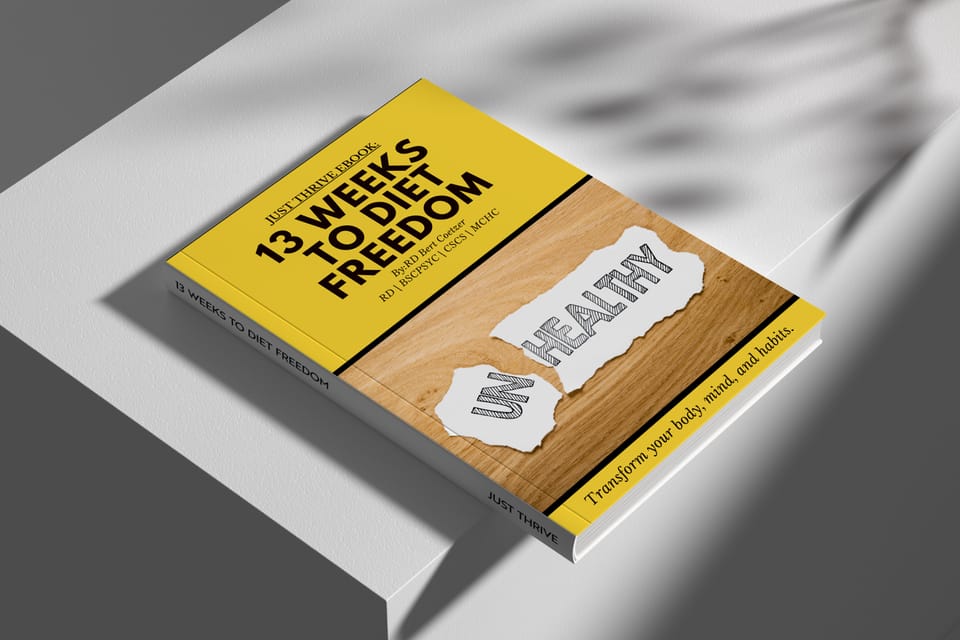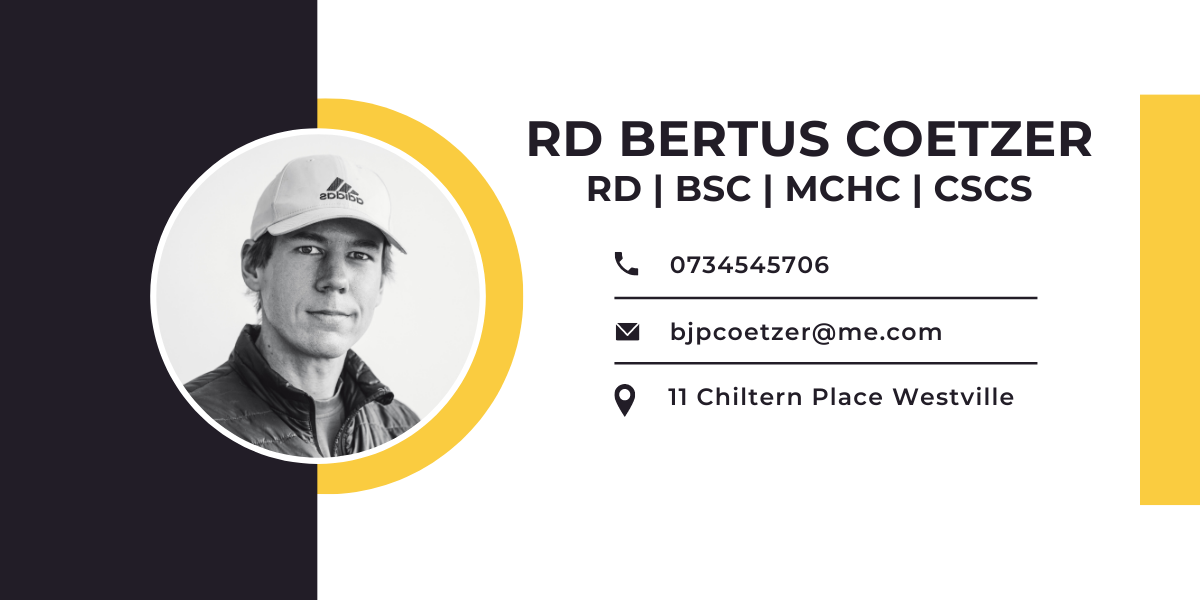Overeating to Overthinking! Why We Struggle to Stop Bad Habits

It was a Friday night, and Emma found herself curled up on the couch, her phone glowing in the dark. She had promised herself she’d go to bed early, maybe start that book she’d been meaning to read. Instead, she was three hours deep into TikTok, watching videos she couldn’t even remember moments after swiping past them. Her mind was foggy, her eyes burned, and she felt…empty.
“This is the last one,” she whispered to herself for the fifth time, knowing full well it wouldn’t be.
Sound familiar? Maybe for you, it’s not TikTok but that third slice of cake, the impulse shopping spree, or the Netflix binge that ends well past midnight. Most of us have been there—stuck in a loop of doing something we know isn’t good for us but unable to stop.
Why? Why do we keep doing things that leave us feeling worse, not better? The answer lies in a tangled mix of psychology, neuroscience, and the quirks of human nature. Let’s unravel it.
The Science of Why We Overdo It
Humans are wired for reward. Deep in our brains lies the dopamine system, the biological driver of motivation and pleasure. When you eat a cookie, hear your favorite song, or get a "like" on social media, your brain releases dopamine. It feels good. Naturally, your brain wants you to keep doing whatever caused that spike.
But here’s the catch: modern life has hacked this system.
Evolution didn’t prepare us for Instagram or all-you-can-eat buffets. These things overstimulate the dopamine response, making it harder to stop once we start.
- Hedonic Adaptation:
Over time, we adapt to the things that bring us pleasure. That one drink doesn’t give the same buzz, so we go for another. The first slice of cake was delicious, but by the third, we’re chasing a feeling that’s already faded. - The Habit Loop:
Charles Duhigg, in his book The Power of Habit, describes how habits work in a loop of cue, routine, and reward. For example, you’re bored (cue), so you scroll Instagram (routine) and get a dopamine hit (reward). The more you repeat this loop, the stronger it becomes, even if the reward starts to diminish. - The Allure of Escape:
Overindulgence often stems from the desire to avoid discomfort. Scrolling TikTok keeps Emma from confronting her stress. Binge-watching numbs loneliness. Overeating soothes emotional pain. These behaviors offer short-term relief, even if they worsen the problem long-term.
The Psychology of Being Stuck
- The Illusion of Control
We tell ourselves, “I can stop anytime I want.” But studies show that once we’re immersed in an activity, we underestimate how hard it will be to stop. This is called the hot-cold empathy gap—when we’re in the heat of the moment, logic takes a backseat to impulse. - Cognitive Dissonance
Doing things we know are bad for us creates mental tension. To ease this discomfort, we justify our actions: “I’ve had a long day; I deserve this.” This self-talk makes it easier to repeat the behavior next time. - The Comfort of Familiarity
Breaking a habit means venturing into the unknown, which can feel scary. Even if a behavior is harmful, it’s predictable, and predictability can feel safer than change.
How to Break Free
It’s not easy to stop behaviors that have become second nature, but it’s possible. Here’s how:
- Pause and Reflect
Before acting, pause. Ask yourself: “What am I feeling right now? What am I hoping to achieve by doing this?” Sometimes just bringing awareness to the moment can interrupt the habit loop. - Create Barriers
Make it harder to engage in the behavior. If you scroll social media too much, move the apps to a hidden folder or delete them altogether. If you overeat junk food, don’t keep it in the house. - Replace, Don’t Remove
Habits don’t just disappear—they need to be replaced. Swap scrolling with reading, eating with journaling, or drinking with going for a walk. - Practice Self-Compassion
Be kind to yourself. Falling back into old habits doesn’t mean you’ve failed—it means you’re human. Change takes time, and progress isn’t linear. - Set Small, Achievable Goals
Instead of saying, “I’ll never do this again,” aim for small wins. For example, if you’re cutting back on social media, start with a 30-minute daily limit. Celebrate those victories—they build momentum.
Questions to Ponder
- What’s one habit you’ve been trying to break? What deeper need might it be meeting?
- When was the last time you felt truly in control of your actions? What was different about that moment?
- How would your life change if you could replace just one harmful behavior with a positive one?
Breaking free from the loop isn’t about perfection—it’s about progress. The next time you catch yourself reaching for that extra slice of cake or endlessly scrolling, remember: you’re not stuck. You’re just in a habit, and habits can be changed.
The real question is, are you ready to take the first step?
Take back control of your health this year!

How can this program help you?
- Understand why diets fail: Fad diets don’t work because they don’t address the root cause—your habits and psychology.
- Personalized nutrition: No more one-size-fits-all diets. This program is tailored to your unique needs, so you enjoy the journey while losing weight.
- Mind-body connection: Master mindful eating and manage stress with powerful tools that prevent emotional eating.
But don’t let 2025 just be another Year.
Start now, and by the end of this year, you'll have transformed not just your body, but your entire approach to health and wellness.
Click here to start your 13-week journey to diet freedom!
Let’s make this 2025 the turning point you’ve been waiting for.
To your health and freedom,
Bertus Coetzer
Founder of 13 Weeks to Diet Freedom
